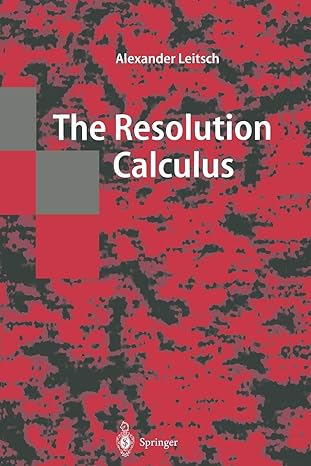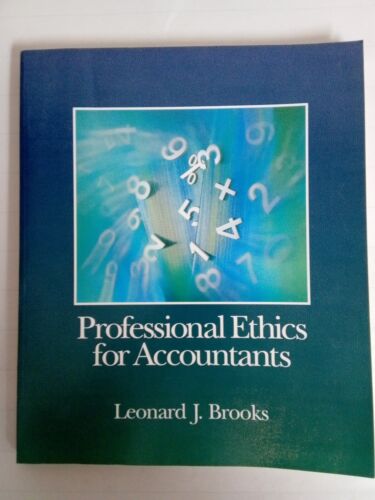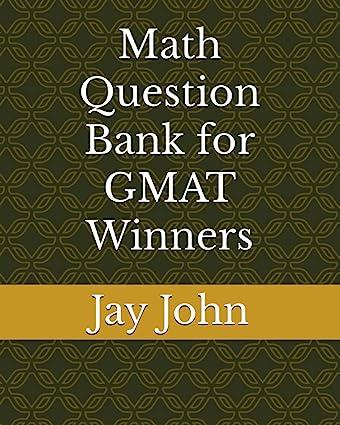Go back


The Resolution Calculus(1st Edition)
Authors:
Alexander Leitsch

Cover Type:Hardcover
Condition:Used
In Stock
Shipment time
Expected shipping within 2 DaysPopular items with books
Access to 30 Million+ solutions
Free ✝
Ask 50 Questions from expert
AI-Powered Answers
✝ 7 days-trial
Total Price:
$0
List Price: $52.99
Savings: $52.99(100%)
Solution Manual Includes
Access to 30 Million+ solutions
Ask 50 Questions from expert
AI-Powered Answers
24/7 Tutor Help
Detailed solutions for The Resolution Calculus
Price:
$9.99
/month
Book details
ISBN: 3642644732, 978-3642644733
Book publisher: Springer
Get your hands on the best-selling book The Resolution Calculus 1st Edition for free. Feed your curiosity and let your imagination soar with the best stories coming out to you without hefty price tags. Browse SolutionInn to discover a treasure trove of fiction and non-fiction books where every page leads the reader to an undiscovered world. Start your literary adventure right away and also enjoy free shipping of these complimentary books to your door.
Book Summary: The History of the Book In August 1992 the author had the opportunity to give a course on resolution theorem proving at the Summer School for Logic, Language, and Information in Essex. The challenge of this course (a total of five two-hour lectures) con sisted in the selection of the topics to be presented. Clearly the first selection has already been made by calling the course "resolution theorem proving" instead of "automated deduction" . In the latter discipline a remarkable body of knowledge has been created during the last 35 years, which hardly can be presented exhaustively, deeply and uniformly at the same time. In this situ ation one has to make a choice between a survey and a detailed presentation with a more limited scope. The author decided for the second alternative, but does not suggest that the other is less valuable. Today resolution is only one among several calculi in computational logic and automated reasoning. How ever, this does not imply that resolution is no longer up to date or its potential exhausted. Indeed the loss of the "monopoly" is compensated by new appli cations and new points of view. It was the purpose of the course mentioned above to present such new developments of resolution theory. Thus besides the traditional topics of completeness of refinements and redundancy, aspects of termination (resolution decision procedures) and of complexity are treated on an equal basis.
Customers also bought these books
Frequently Bought Together
Top Reviews for Books
Request ebsoo2b
( 5 )
"Delivery was considerably fast, and the book I received was in a good condition."









